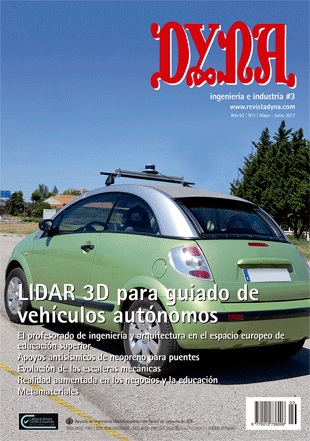NESTED LOGIC MODEL TO DETERMINE THE EXPANSION OF FUEL CELL ELECTRIC VEHICLES IN SPAIN. SENSITIVITY ANALYSIS OF THE KEY ATTRIBUTES
Keywords:
logit anidado, vehículos de pila de combustible, estaciones de repostaje, comportamiento, vehículos convencionales, nested logit, fuel cell vehicles, refuelling stations, behaviour, conventional vehicles.Abstract
The use of Alternative Fuel Vehicles (AFV) as the Fuel Cell Vehicles (FCV)1, to replace vehicles powered by internal combustion engines, are a clear alternative of road transport that may provide, in the long term, security in energy supply at least partly, reduction in greenhouse gas emissions and improvement of air quality in cities. There are six areas, which should be addressed in order to guarantee market penetration of environmentally friendly cars: (a) purchase price, (b) running costs, (c) availability of refuelling stations, (d) vehicle range before refuelling, (e) refuelling time and, (f) CO2 emissions per kilometer2. Location models are intended to accelerate the market penetration of FCV, making efficient decisions about infrastructure design. Infrastructure (supply) enables to demand. However, in order for the infrastructure to be economically viable, there must already exist a given level of demand. In this work, we describe one part of the bi-level developed model, simulating the behaviour of H2 vehicle users. We use a discrete choice model to represent how users acquire FCV during the study period. The hierarchic nested logit model chosen for this study has been widely used in the field of transport. The process of choosing a FCV is the next. At the higher level a user chooses to purchase a conventional vehicle (alternative b) or an AFV (alternative a). At the lower level AFV users choose the type of alternative fuel. With the nested logit model it is possible to perform sensitivity analysis, which allows to observe how it affects each of the attributes in the usefulness of each type of vehicle and therefore the sale of the vehicle. Palabras clave: nested logit, fuel cell vehicles, refuelling stations, behaviour, conventional vehicles.Downloads
Published
2017-05-01
Issue
Section
ARTICULOS

